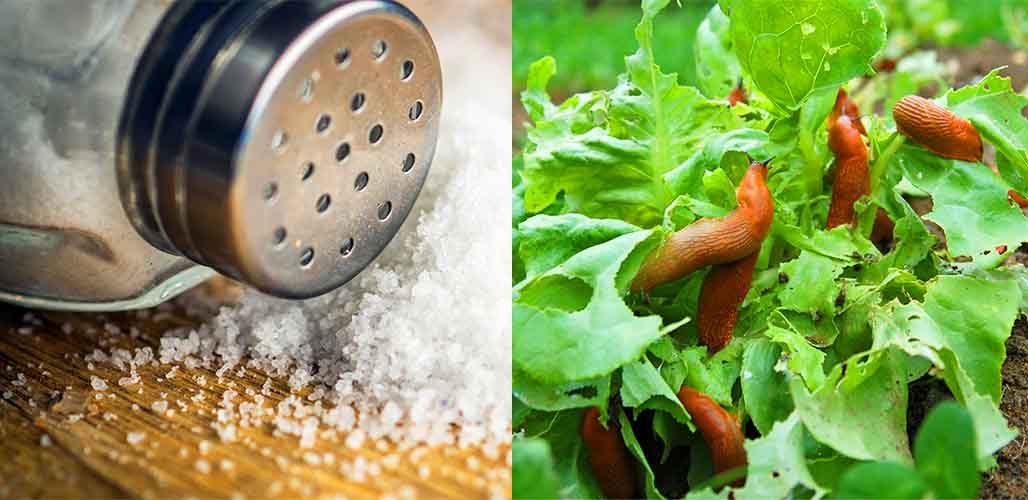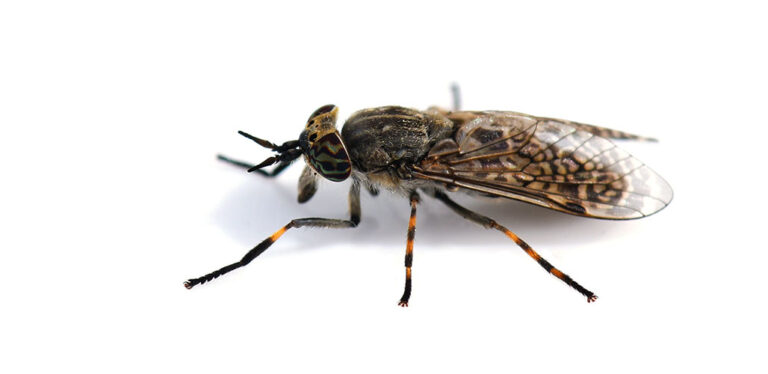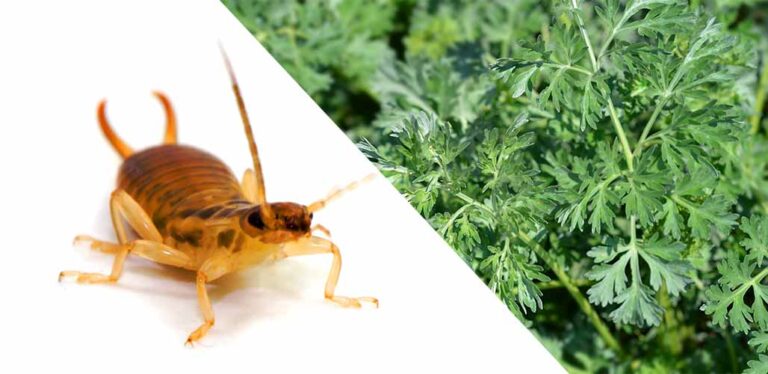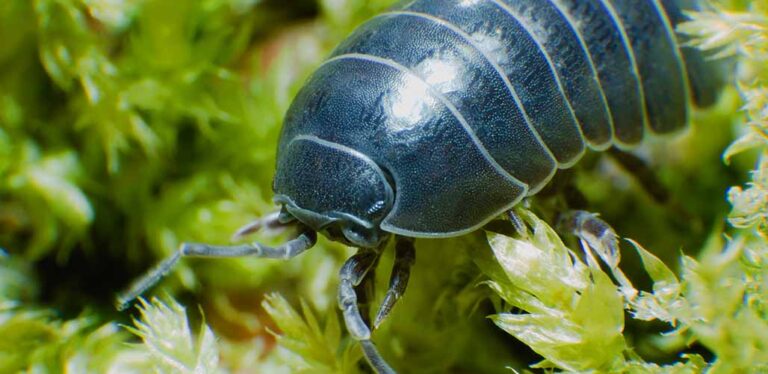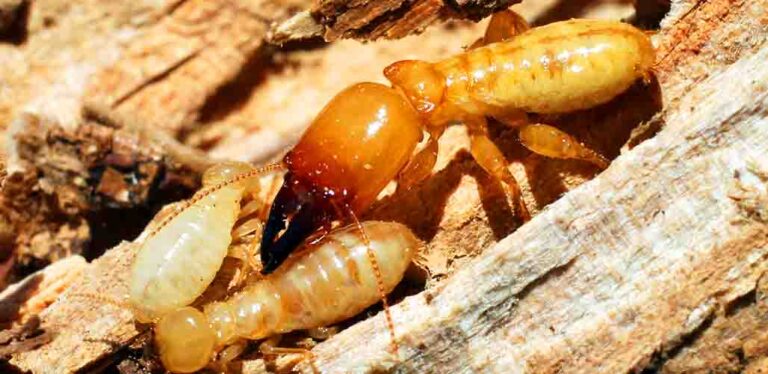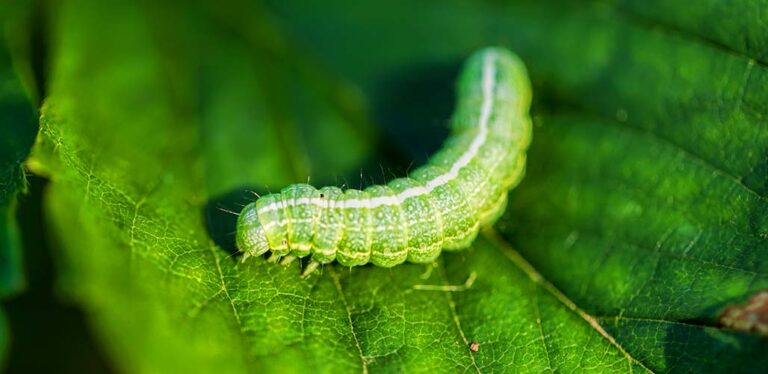Will Salt Repel Slugs?
Slugs can be a pesky problem for gardeners, and many people think that salt is a good way to repel them. After all, salt kills slugs, so surely they’d avoid it, right? Well, yes. But sadly, although salt will repel slugs it is not the best way to keep your plants safe. Today I’ll look at what salt does to slugs and the plants you are protecting. I’ll share why it isn’t the best method of repelling slugs, and what your top alternatives should be.
Contents
- Will salt repel slugs?
- Can salt hurt your plants?
- Is repelling slugs with salt cruel?
- The best ways to repel slugs
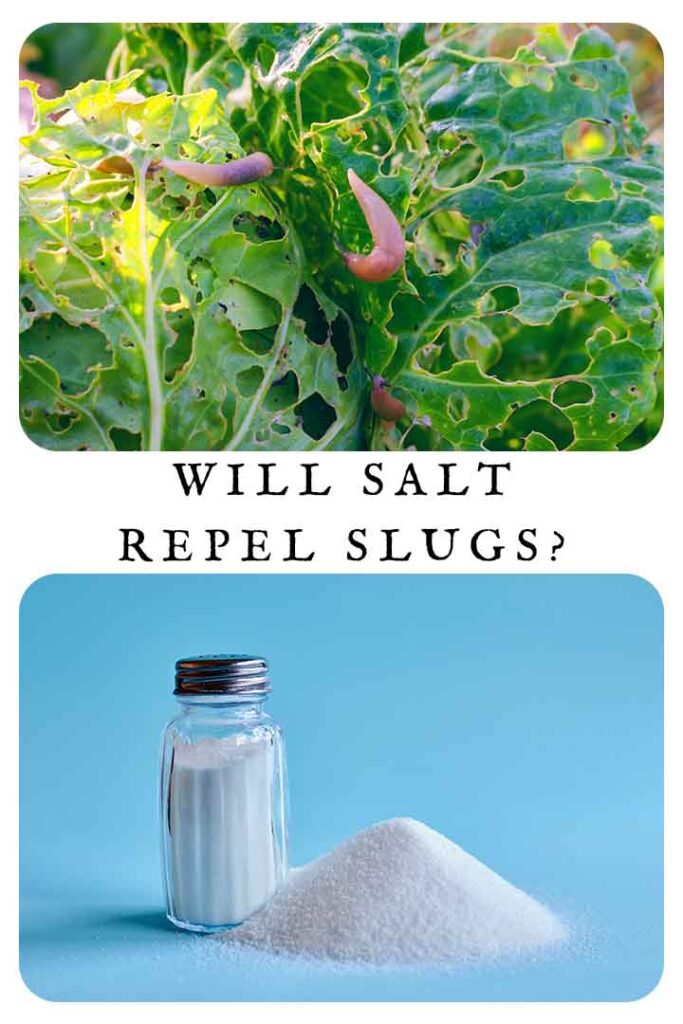
Will Salt Repel Slugs?
Salt doesn’t literally physically repel slugs, but it does kill them. The science of osmosis explains why salt kills slugs. A permeable membrane causes osmosis when it meets a solution. Solvents and solutes are usually homogeneous mixtures in which one is dissolved in the other.
A permeable membrane, such as the skin of a slug, allows the solvent to pass through the solution. The solution passes through osmosis from one side to the other according to which side has the most solutes. The solution’s concentration is evened out naturally this way.
It doesn’t take a lot of salt to kill a slug, but a small amount can be enough to repel them. When snails come in contact with salt, they know they are in danger and will try to get away to avoid it. Salt does work quickly to kill slugs. Unfortunately, using salt to kill slugs isn’t necessarily the best way to rid them from your garden.
Can Salt Harm Plants?
A number of factors can influence plant growth when salt is present in the soil. When the soil becomes waterlogged from excessive salt, oxygen cannot reach the roots. A lack of nutrients can eventually lead to death.
Plants cannot absorb water when the soil is too dry due to salt. Plant leaves can also become brown and wilted when exposed to salt. The more salt the plant is exposed to faster its health will decline.
Stress hormones in the roots can lead to root failure if saltwater is absorbed into their inner layers. The amount of road salt used every year exceeds 22 million tons. It is possible to cause injuries to plants by applying salt to landscapes. Leaves, buds, and small twigs are at risk of salt burns when salt is applied to them. Leaf pits burn and die when chloride accumulates in them.
Keeping Your Plants Healthy
As a de-icing salt without sodium, sodium chloride generally has a healthier effect on plants. It is generally more damaging to apply salt late in the winter than early in the winter. Plant injuries can be reduced with the use of salt, sand, sawdust, and cinders.
When salts have been leached from well-drained soils, frequent watering can help reduce their accumulation. Plants should be protected by physical barriers like burlap, plastic, or wood. Roadsides, driveways, and sidewalks can be planted with salt-tolerant plants. Despite the benefits of salt tolerance, injury-free play is not guaranteed.
Sodium toxicity is frequently experienced by plants growing on high-salt soils. In addition, sodium toxicity is largely determined by the pH of the soil. In high pH soils, the plants are unable to absorb many nutrients, causing them to become ionized. This can lead to plant damage and reduced yields.
Is It Cruel To Use Salt To Kill Slugs?
Slugs quickly die after being sprinkled with salt, which causes osmosis to occur. Salt poured into open eyes would have a similar effect on humans. Salt passes easily through a slug’s permeable membrane, which allows it to pass through certain substances, like water.
Slugs have a higher salt concentration in their water than in salt-water solutions. In order to make things even, osmosis attempts to dilute the solution. Trying to protect your garden by salting slugs is not the most humane approach, since they will slowly die from dehydration.
Salt may not cause slugs to scream, but it may cause them to feel pain. Slugs and snails are controversial when it comes to pain.
It’s common for slugs to try to escape when salt is sprinkled on them. Slugs may feel uncomfortable or distressed when they do this. We know that salt is the cruelest way to kill slugs, even though we do not know if they feel pain. You can control slug populations in your garden in other, more humane ways.
What Are The Best Ways To Control Slugs In A Garden?
There is a good chance that you already have slugs in your garden. Your odds of seeing an explosion in their numbers are good if you haven’t seen one yet.
Copper Sheeting
You can begin by creating a slug fence using copper sheeting or screen buried one to two inches into the ground, at least two inches tall. All copper should touch, and the barrier should not be broken.
When slugs move across copper, mucus on their skin reacts with copper, causing a shock. Keeping copper shiny and cleaning it when it tarnishes is therefore crucial.
Trimming Your Plants
As soon as your copper slug fence has been erected, you can begin trimming your bushes and plants so that most leaves and branches are between a foot and 18 inches above the ground. Multi-stemmed plants should be divided so they trap less moisture, and plant debris should be disposed of immediately to a compost pile. Ensure that the soil drains well, as well, so that slugs are prohibited from entering the garden.
Will Salt Repel Slugs?
Although salt is famed to repel slugs, it isn’t actually the right solution. There are many ways you can prevent slugs from entering your garden, but copper barriers are one of the best. However, they are difficult to install correctly and keep free of debris.
Then, once you’ve installed those properly and there is no other way into your garden, like overhanging branches or fences that people could climb to access plants, you can capture all the slugs trapped inside and take them out.
When buried so they’re even with the ground level and checked daily, beer traps can be very effective once a barrier is in place. Otherwise, hand-picking slugs at night is a great way to eliminate any problems before they get worse.

